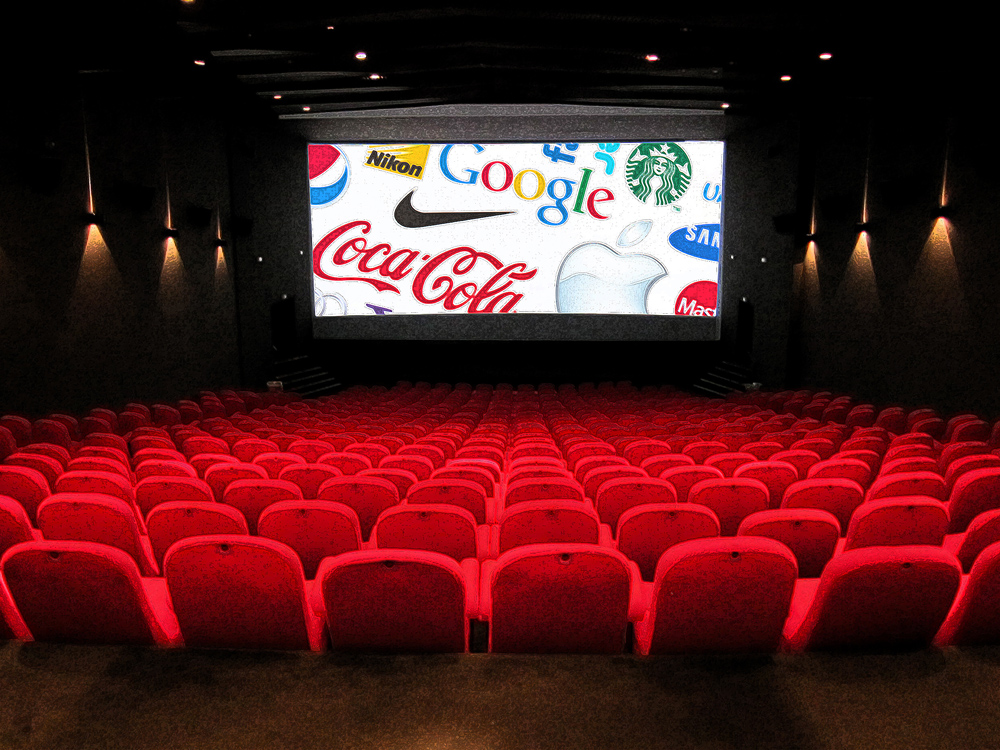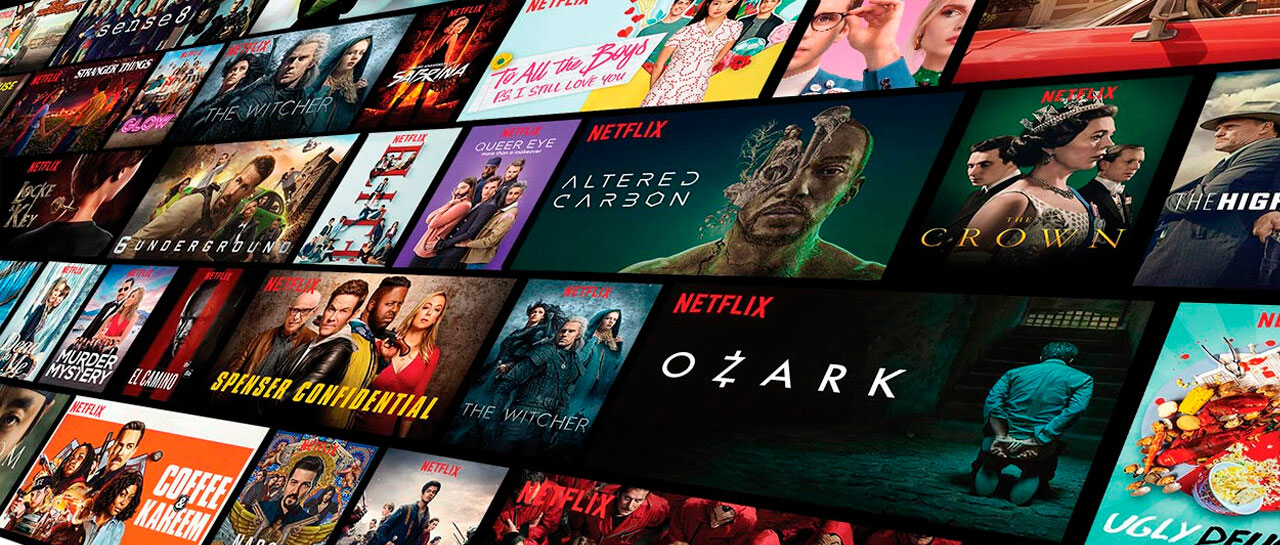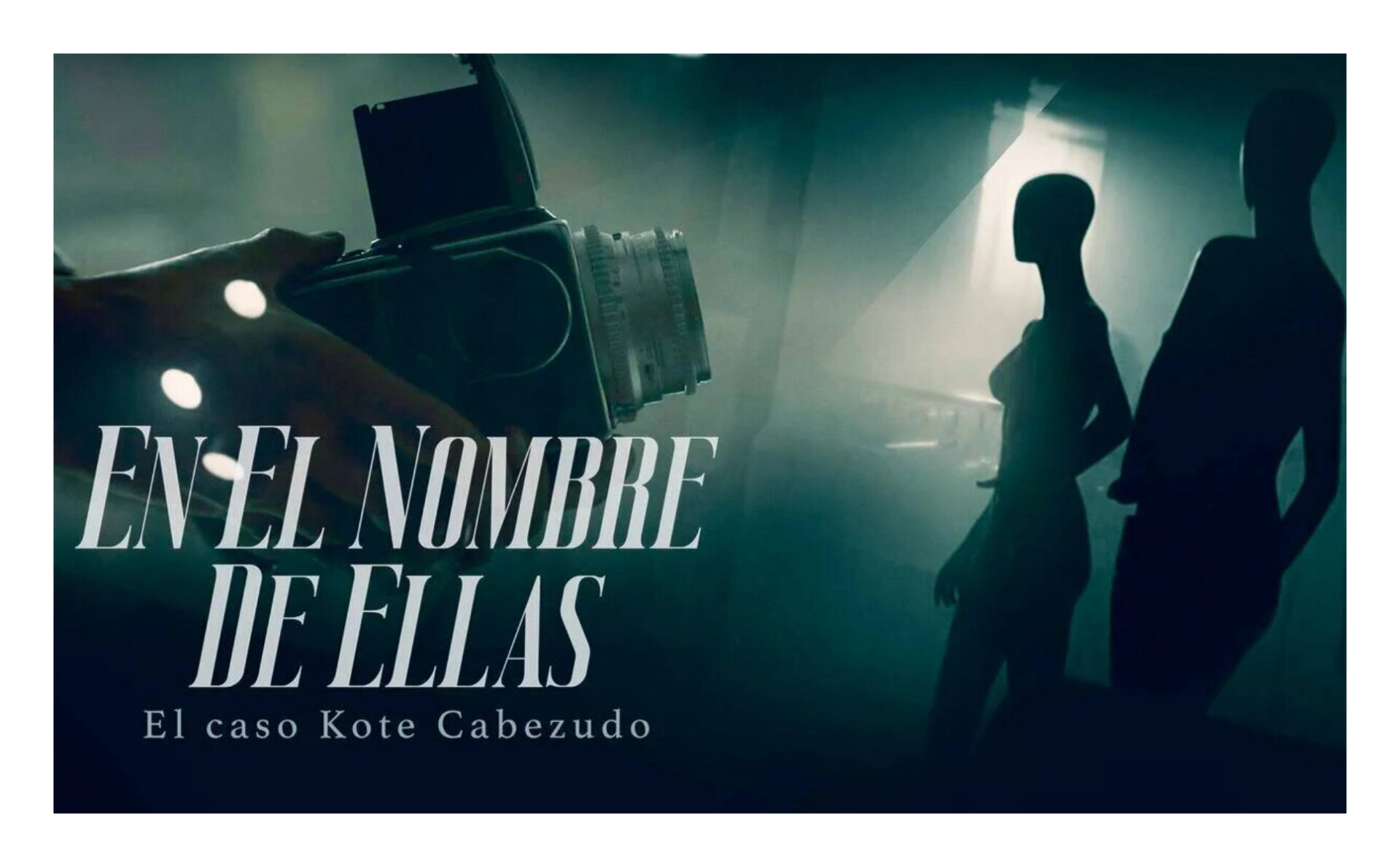Ads in movie theaters? No thank you.
- It is becoming increasingly common that before the film starts, advertisements have to be swallowed in tons and enter the movie theater. Where are the rights of viewers left? In Hego Euskal Herria we have passed legislation on this subject.

Friday, 17:55. I'm sitting in a movie theater at a well-known Donostialdea mall waiting for the Logan film to start. According to the box office schedule lists, the film should start at 18:00 in the afternoon. 18:02, the lights go off. Notice. 18:05 third spot. After reviewing all brands of furniture, cars and perfumes, the screen has been blackened and at 18:20 hours the original titles of the film are shown. “Amazing and shameful,” those are the two adjectives I have constantly in my head. How many times has this happened to you? I often feel sick and tired of it. And beware, I am not referring to the trailers of the productions that will arrive in the coming months, but to those ads that we normally see on conventional television.
Let's go step by step. A colleague who works within these chains confessed to me that most of the complaints and complaints that clients make are related to this issue. It says that there is a sort of code of good practice and that you can't embed ads for more than 20 minutes. But if we refer to legislation, is there no regulation to regulate this? To me, at least, I find it doubtful that EUR 8 will be paid for tickets and that endless lists of ads will also be swallowed.
When you see the TV ads, you receive a “free” program in return. If you've paid for the movie entry, why do you have to see a 20 minute ad space before the movie starts?
Doubtful, but unfortunately legal. Almost a year ago a new “code of ethics for advertising in film” was signed in the Spanish State (the previous legislation dates back to 2001). In addition to the Spanish Association of Self-regulation of Commercial Communication, this agreement was signed by the exclusive agencies that control the advertising of these rooms, Movierecord, Discine and 014 Media. According to this new law, “advertising must be faithful, honest and truthful. Images contrary to the dignity of persons, discriminatory or with messages that incite to commit illegal acts shall not be placed.” You can also find a section of special rules divided into three parts. Advertisements broadcast before films for minors, while respecting some of the principles contained in the code, may not harm them in a mental, physical or moral way. Of course, there is also a section that regulates the ads of alcoholic beverages. And finally, the movie trailers. They are, of course, fully accepted, but they have to have a rating equal to or higher than that of the particular film that we are going to see. And that's it. Despite the code, there is nothing written about the duration of the ads. And in that sense, I think the consumers that we're in the room are helpless people, because we can't change the chain or turn the screen off.
I know that this is a business, that they're going to make money and that every day they're looking for new systems to get maximum performance. Perfectly understandable. I would say more, within those trade strategies, there are some “attacks” that I care less about – such as the above-mentioned trailers. If the film is scheduled to start at 18:00 and I enter at 17:45, I don’t mind swallowing ads, “entertaining” in those empty spaces and they also benefit. Great. Everybody wins. But if I don't want to see them, I'll wait outside until the time comes.
But at 18:00, I want to watch my movie. If I pay for the popcorn, I get popcorn in return. If I pay the ticket, I can watch the movie in exchange. When I see ads on television, in return I can get a “free” program. What am I obligated to see ads in the movies? All right, then let me in for free. When we download an online film without giving anything in return to the film industry, they say it is a crime (I'm not saying the opposite! ). But when they “catch” something to us, without giving us anything in return, they call it “smart marketing.” Paying for platforms like Netflix or Spotify, if we receive content without ads, why don't we do it with movies?
Martxotik Frantziako Netflix plataforman euskarazko audio eta azpitituluetako filmak ikusgai dira.
Hizkuntza gutxituak eta eta Frantziako zine-sistema hartu ditu ikergai Graxi Irigarai baigorriarrak bere tesian. Abenduan aurkeztu zuen bere ikerketa, eta ordutik hamaika mintzaldi eskaini ditu. Oro har, Euskal Zinemak Ipar Euskal Herrian dituen zailtasun eta oztopoak eman ditu... [+]
Euskaraz azpititulatutako edo bikoiztutako 70 ikusentzunezko eskainiko ditu 2022 urte bukaerarako plataforma estatubatuarrak. Eusko Jaurlaritzako Kultura eta Hizkuntz Politika sailak hainbat bilera egin ditu Netflixekin, baina plataformaren hitzetan, berak finantzatuko du ekimen... [+]
Gertatuko zitzaizuen: leku guztietan sekulakoa balitz bezala iragarri duten pelikula edo telesaila ikusi ondoren, frustrazio pixka batekin, “ez zen hainbesterako” esaten bukatu duzue. Eta azkenaldian inoiz baino gehiagotan gertatzen zaizue. Lasai, ez zaudete seko... [+]
Netflix, Amazon, Disney Plus eta Apple TV Plusek akordio luze bat sinatu zuten ostegunean Frantziako ikus-entzunezko agintaritzarekin (CSA), euren urteko diru-sarreren %20 Frantziako edukietan inbertitzeko. CSAk espero du inbertsioa 250 milioi € eta 300 milioi... [+]

























